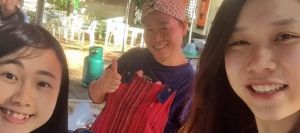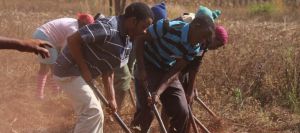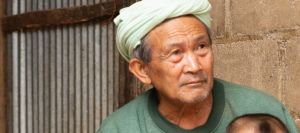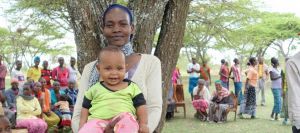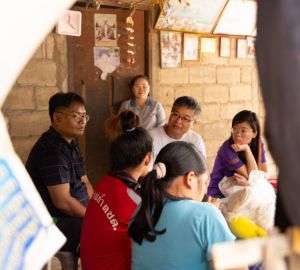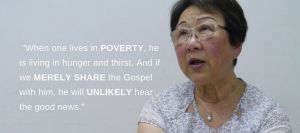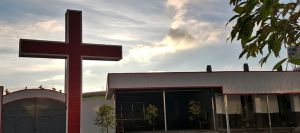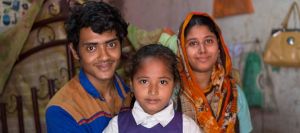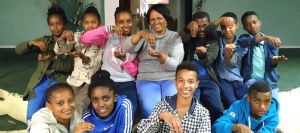
Life Education for Ethiopian Youths
Written by: Edward Lai (Senior Communications Officer) What kind of person would you like to be? When discussing dreams with youths, despite where they live, they somehow think of being a doctor, pilot, lawyer, teacher or entrepreneur. Dreams may fade in a blink, but it may also be planted in hearts, awaiting to sprout. CEDAR’s Ethiopian partner [1] entered local poor communities, determined on discussing dreams, meanings and values of life with youths. Ethiopian youths are not different from other kids. They also face problems of identity during their growth: Who am I? Who do I belong to? Why did I come to this world? These questions point to the root: What is my outlook on life? Our Ethiopian partner


